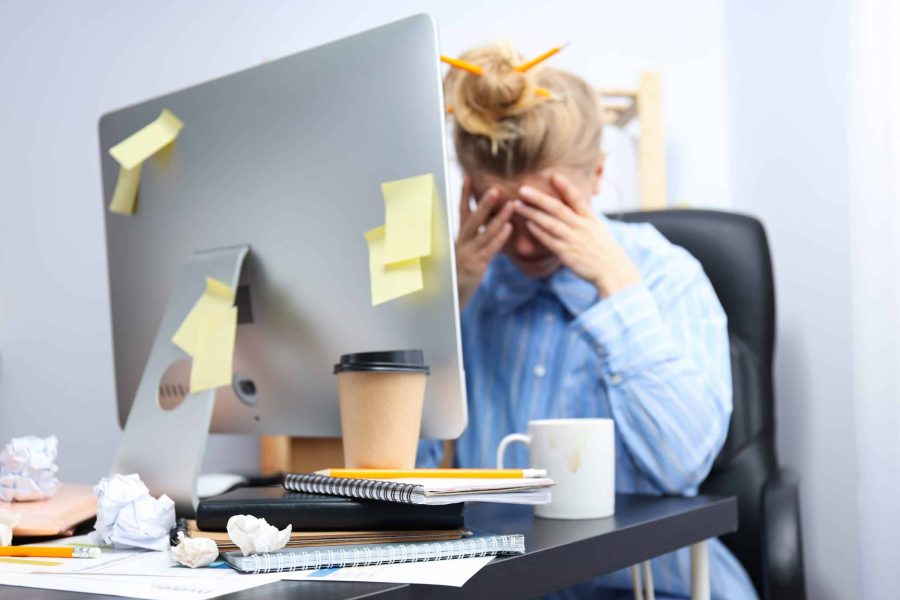A staggering number of households have medicine cabinets filled with expired or unused medications, posing a silent but significant risk. From accidental poisonings to environmental hazards, the implications of improper medicine disposal are far-reaching. Yet, many people remain unaware of how to safely get rid of these pharmaceuticals. This post aims to be your comprehensive guide on the subject. It will walk you through the risks associated with improper disposal, the importance of reading medicine labels, and various methods to ensure you’re disposing of old medicine in a safe and responsible manner.
Contents
- 1 The Risks Of Improper Disposal
- 2 Reading Medicine Labels For Disposal Instructions
- 3 Utilizing Drug Take-Back Programs
- 4 Using DEA-Authorized Collectors
- 5 Disposing Of Medicine At Home
- 6 Special Cases: Liquid Medications And Inhalers
- 7 General Tips For Safe Medicine Disposal
- 8 Ensure Your Medication Is Disposed Of Safely!
The Risks Of Improper Disposal
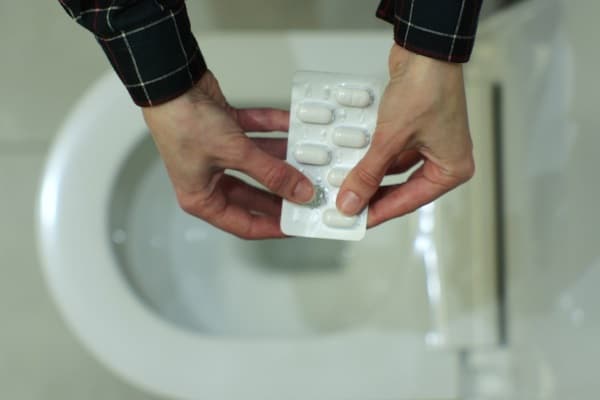
The environment bears the brunt of improperly disposed medications. When medications are flushed down the toilet or thrown into the trash, they can contaminate water supplies and soil. This not only affects aquatic life but also poses a risk of contaminating the human water supply. The ripple effects on the ecosystem can be devastating, leading to long-term consequences that are not fully understood yet.
But the risks don’t end with environmental concerns. Accidental ingestion of old or improperly stored medicine is a real threat, especially for households with children or pets. In some cases, even a single pill can lead to severe poisoning. Additionally, some medications can be abused, leading to a whole different set of health risks. Therefore, understanding the proper methods for disposing of old medicine is not just an environmental concern; it’s a public health necessity.
Reading Medicine Labels For Disposal Instructions

Before you decide to dispose of any medication, the first step should always be to read the label. Medicine labels often contain specific instructions for safe disposal. These guidelines are designed to minimize risks and are tailored to the specific type of medication. For instance, some medications may be safely flushed down the toilet, while others should never be disposed of in this manner.
However, labels can sometimes be confusing or lack specific disposal instructions. In such cases, it’s crucial to consult additional resources, such as pharmacists or medical professionals, for advice. Remember, the label is your first point of reference, but it’s not the only source of information. When in doubt, seek professional guidance to ensure you’re taking the safest course of action.
Utilizing Drug Take-Back Programs
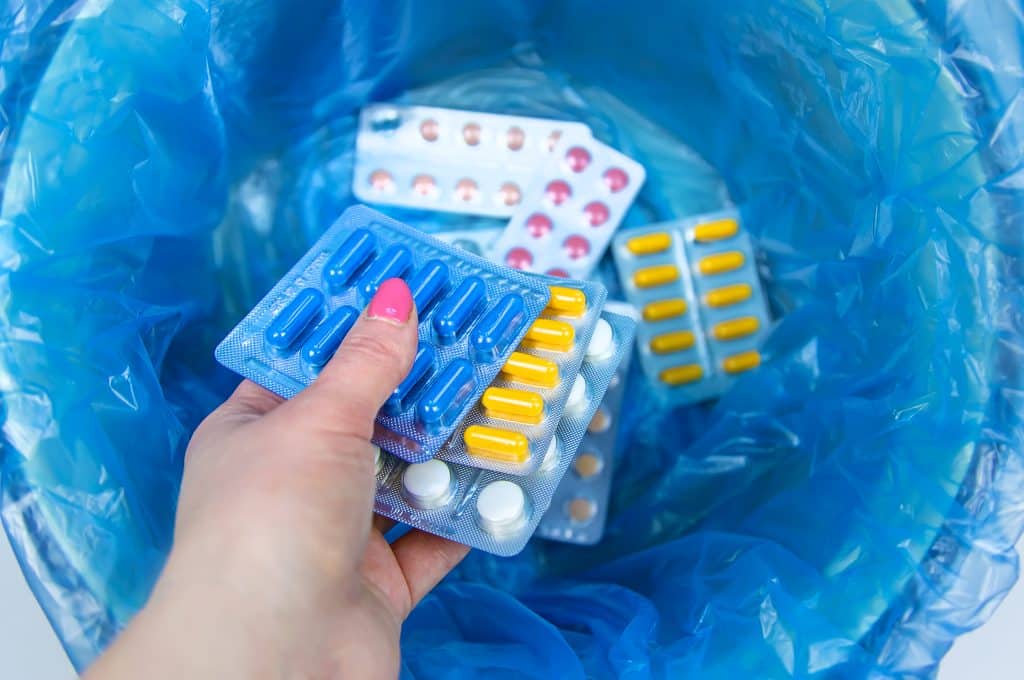
Drug take-back programs are often the safest and most environmentally friendly option for disposing of old medicine. These programs are specifically designed to collect and dispose of medications in a manner that poses the least risk to both public health and the environment. They are usually run by local governments or organizations and may be available at various locations, such as pharmacies or community centers.
While drug take-back programs are an excellent option, they may not always be convenient or accessible for everyone. Some people may find it challenging to locate a nearby program or may not be able to travel to the drop-off location. In such cases, it’s essential to explore other safe disposal methods. The key is to find a method that is both convenient and safe, ensuring that old medications are disposed of responsibly.
Using DEA-Authorized Collectors

For those who can’t access a drug take-back program, DEA-authorized collectors serve as a reliable alternative. These are entities permitted by the Drug Enforcement Administration to collect and safely dispose of unwanted medications. They follow stringent guidelines to ensure that the collected medications are destroyed in an environmentally safe manner, thus minimizing risks.
Finding a DEA-authorized collector is relatively straightforward. Many pharmacies, hospitals, and even some retail stores are registered as authorized collectors. You can usually find a list of these entities on the DEA’s website or by contacting local health departments. Once you locate a collector, the process is as simple as dropping off your unwanted medications, providing a hassle-free way to ensure they are safely disposed of.
Disposing Of Medicine At Home
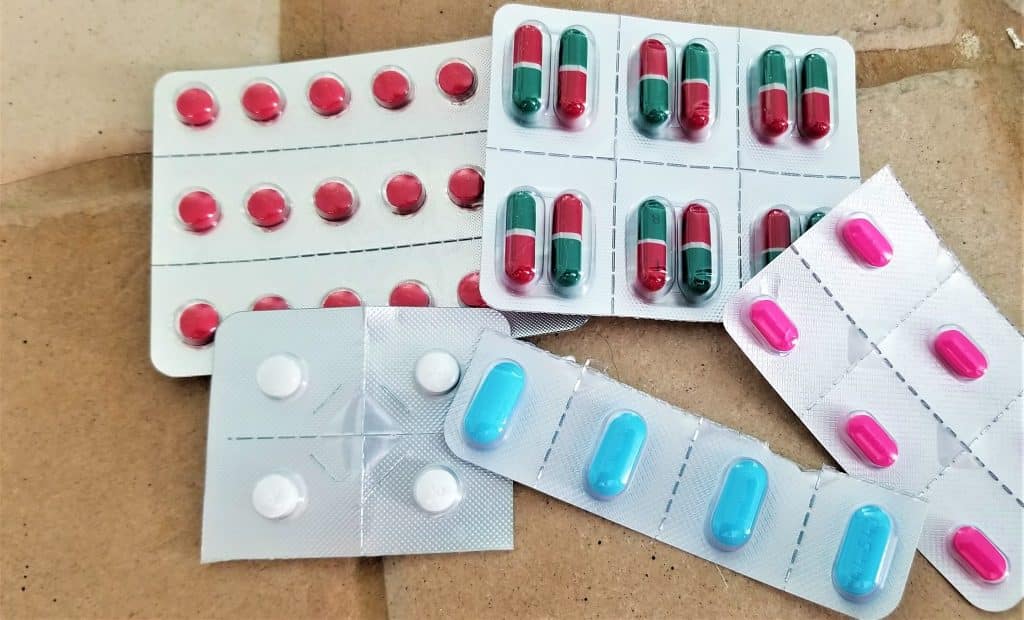
There are instances when disposing of medicine at home is the only viable option, especially for those who live in remote areas. However, knowing which types of medicine can be safely disposed of this way is crucial. Typically, over-the-counter medications and some prescription drugs can be mixed with an unpalatable substance like coffee grounds or cat litter, sealed in a plastic bag, and then thrown in the household trash.
While this method is convenient, it’s not without its pitfalls. One common mistake is to flush medications down the toilet or sink, which, as mentioned earlier, can lead to environmental contamination. Another mistake is disposing of medications in their original containers without first removing or blacking out personal information, which poses a privacy risk. Therefore, if you opt for home disposal, make sure to follow guidelines meticulously to minimize risks.
Special Cases: Liquid Medications And Inhalers
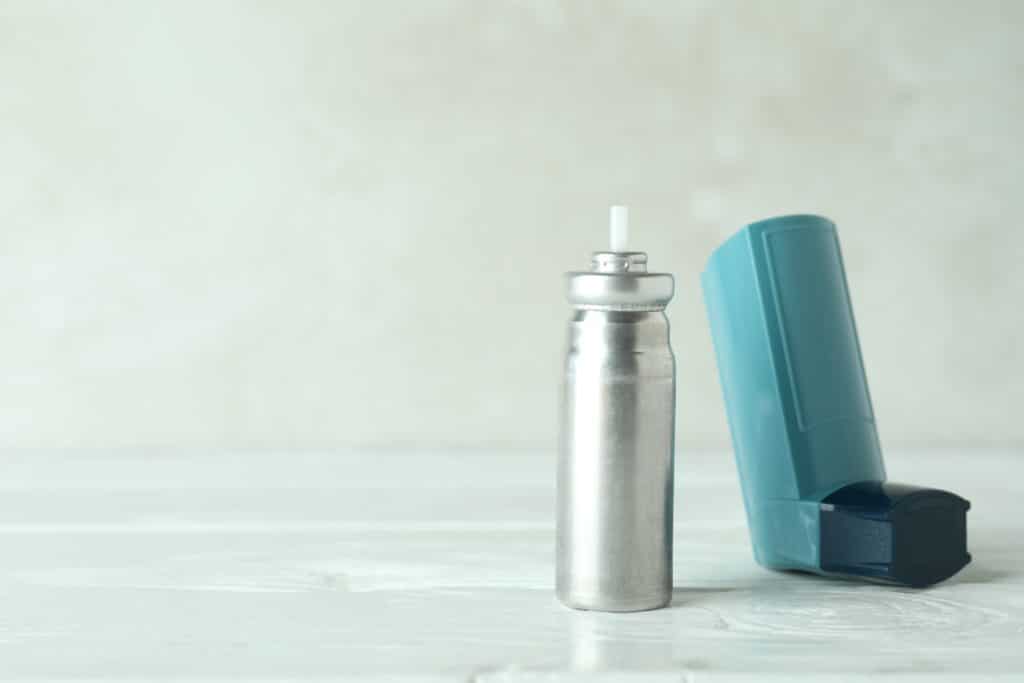
Due to their form and potential environmental impact, liquid medications, and inhalers often require special disposal methods. For liquid medications, it’s generally advised to mix them with an absorbent material like sawdust or kitty litter before sealing them in a plastic bag for disposal. This helps to minimize the risk of leakage and environmental contamination.
Inhalers, on the other hand, often contain propellants that can be harmful to the environment if not disposed of correctly. Many inhalers come with specific disposal instructions, which should be followed to the letter. It’s best to consult a healthcare provider or pharmacist for guidance if no instructions are provided. These special cases underscore the importance of treating each type of medication as unique when it comes to disposal.
General Tips For Safe Medicine Disposal
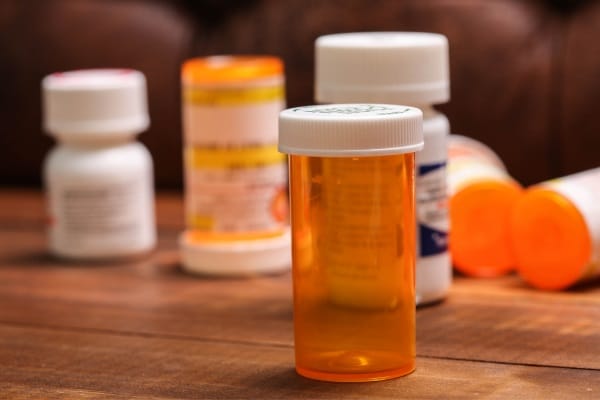
When it comes to medicine disposal, a one-size-fits-all approach doesn’t work. Always double-check the disposal methods appropriate for each type of medication you have. For example, chemotherapy drugs often require special handling and should only be returned to the healthcare facility where they were obtained.
Protecting your personal information is another crucial aspect of medicine disposal. Before disposing of any medication containers, remove or thoroughly black out any labels containing personal information. This ensures that your privacy is maintained throughout the disposal process. These general tips serve as a final checklist to go through before you dispose of medications, ensuring that you’ve covered all your bases.
Ensure Your Medication Is Disposed Of Safely!
The journey to safely disposing of old medicine doesn’t have to be complicated. Armed with the right information and resources, you can make responsible choices that benefit both public health and the environment. So, don’t let those expired or unused medications linger in your home. Take action today to ensure a safer, cleaner world for all and set a positive example for others to follow.


